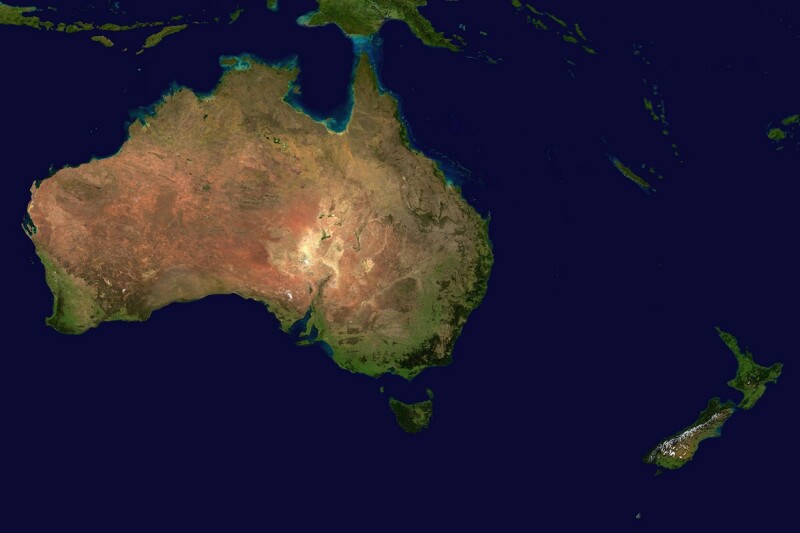
IP Australia's consultation paper outlines the new system, which would affect not only the regulation of the patent attorney profession but also create a single application process (SAP) as well as a single examination process for those patent applications (SEP).
This particular consultation focuses on the proposed changes for the implementation of the trans-Tasman patent attorney regime that will cover both countries. It also provides a brief overview of the proposed system allowing for filers to submit just one patent application for both countries as well as allow a patent examiner in either Australia or New Zealand to examine the application to determine whether to grant patents for that application in both countries.
Submissions are due February 15 and may be sent to consultation@ipaustralia.gov.au.
Some of the proposed amendments include treating the New Zealand Qualifications Framework as equivalent to the Australian Qualification Framework rather than as an overseas qualification, and reconstituting the current Professional Standards Board for Patent and Trade Marks Attorneys as the new Trans-Tasman IP Attorneys Board. Proposed transitional changes include allowing New Zealand-registered patent attorneys to register as Australian trade mark attorneys even though New Zealand currently does not have trade mark attorneys as a profession.
The consultation paper notes that there will be a separate consultation on the SAP and SEP provisions.
These proposed changes are part of Intellectual Property Laws Amendment Bill 2014, which was introduced in the House of Representatives earlier this year and passed on November 24. The bill also received its second reading in the Senate the next day. Compared to the Raising the Bar Amendments which came into effect in April 2013, the changes in this bill are relatively minor.
In addition to this consultation, IP Australia is also seeking public comments on an exposure draft of amendments to the regulations related to Intellectual Property Laws Amendment Bill 2014. Like comments concerning the trans-Tasman patent attorney regime, submissions are due February 15 and may be sent to consultation@ipaustralia.gov.au.
For more, see Managing IP's previous coverage of this bill.









